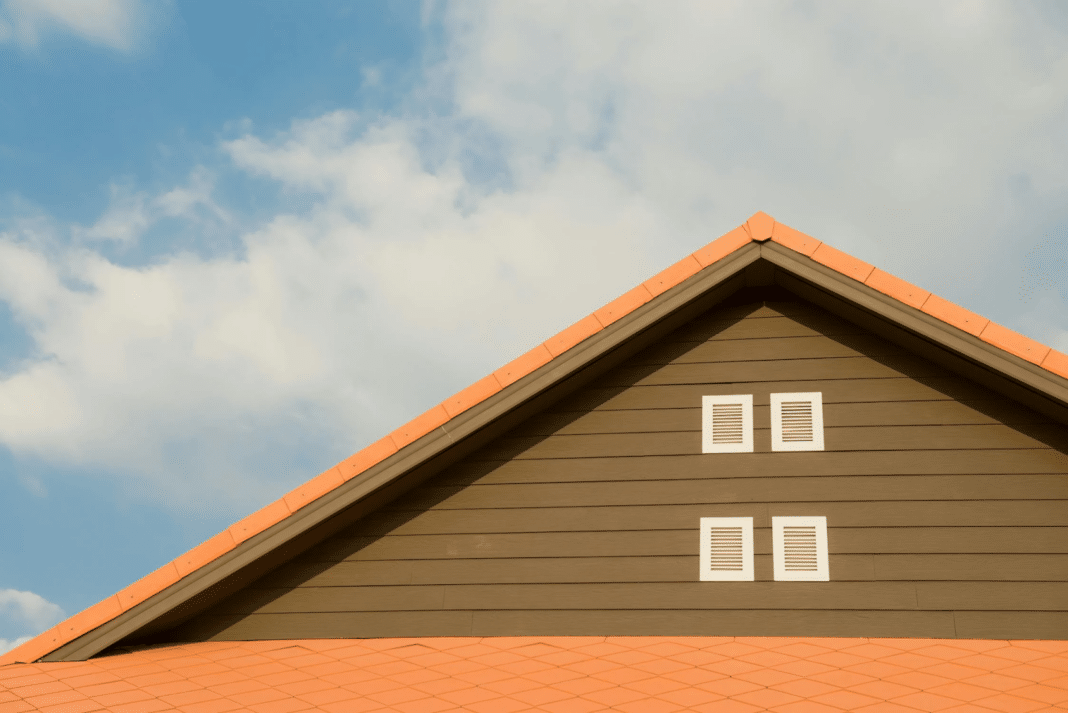The roof of a property is more than just a protective cover; it is an essential component ensuring the longevity, functionality, and aesthetic appeal of a building. This critical element serves multiple purposes that go beyond mere shelter. A good roof acts as a barrier against environmental factors like rain, snow, wind, and sunlight, thus protecting the occupants and the interior of the property.
Moreover, an effective roofing system contributes significantly to energy efficiency, helping to keep heating and cooling costs down. When you consider the amount of material and labor that goes into roofing installation, it becomes clear that investing in a quality roof is a wise decision.
The Role of Roofs in Property Protection
Roofs serve as the first line of defense against the elements. A well-constructed roof protects against rainfall, which can lead to serious issues like mold and structural damage if not properly managed. Snow and ice accumulation can also become problematic; without a reliable roof, the weight can cause structural failure.
Furthermore, roofing materials are designed to deflect harmful UV rays, protecting both the living space and the integrity of the roof itself. The type of roofing material selected can also influence this protective role. For instance, metal roofs are known for their durability and capacity to withstand harsh weather conditions.
A quality roof is vital in maintaining the temperature inside the property, thus protecting the belongings and providing comfort to the inhabitants.
Impact on Energy Efficiency
Another important consideration when discussing roofing is energy efficiency. Roofs can effectively regulate a property’s internal climate when built with proper insulation characteristics. The right roofing materials and designs reduce reliance on HVAC systems, which can save homeowners money in energy costs. Energy-efficient roofs, such as those made from cool roofing materials, can reflect more sunlight and absorb less heat.
This quality is increasingly crucial as energy costs rise and environmental sustainability takes center stage in property ownership. Property owners often overlook how roofing choices can directly affect their utility bills. A roof that helps maintain consistent indoor temperatures not only leads to happier occupants but also increases the property’s market appeal.
Enhancing Property Aesthetics
The roof often serves as a defining part of a home’s visual presence. It is one of the primary elements that affect curb appeal. Various roofing styles, colors, and materials can complement or clash with a property’s architecture, influencing potential buyers’ first impressions. An aesthetically pleasing roof can easily elevate the overall appearance of the home. For older homes, a new roof can breathe life back into their visual appeal, making them feel modern and fresh.
Different roofing options also allow property owners to express their styles and preferences. In urban settings, standout roofing can even catch the attention of passersby or enhance the neighborhood’s character. Conversely, a roof in disrepair can significantly detract from a property’s appearance and value.
Value Addition
Investing in a well-built roof can yield significant returns when it comes to property value. Many real estate experts believe that a quality roof can add between fifteen to twenty percent to a property’s overall market value. A potential buyer is likely to view a well-maintained roof as an indicator of a property that has been cared for, encouraging them to make an offer.
Additionally, a new roof often translates to fewer immediate repair costs for a buyer, making the property more desirable. Real estate appraisers frequently consider the condition of a roof when evaluating a home, further emphasizing its importance. Potential buyers are less likely to invest in a property that shows signs of roofing issues, which means that poorly maintained roofs can become a liability.
Long-Term Financial Benefits
A sturdy roof isn’t just an upfront investment; it contributes to long-term financial stability for property owners. By preventing leaks, mold growth, and potential structural damage, good roofing saves money in repairs. Additionally, roofs that offer energy efficiency save on utility bills over time.
Regular maintenance can often extend the life of a roof, allowing homeowners to delay costly replacements. Many roofing manufacturers offer warranties that promise long-term benefits, which can enhance the overall financial security of your investment. Property owners should weigh the cost of cheaper roofing options against the long-term investment required for quality materials and installation.
Choosing the Right Roofing Professionals
Selecting a competent roofing contractor is crucial for ensuring that the roof will serve its intended purposes effectively. When considering improvements, property owners should discover reliable roofing solutions tailored to enhance their home’s roof. Professional services offer long-term warranties and are familiar with local regulations and building codes.
Additionally, experienced contractors provide valuable recommendations regarding suitable materials, designs, and energy-efficient options tailored to a specific property. Homeowners should prioritize hiring contractors with strong reputations and client reviews as referrals can provide insights into the quality of work to expect. Ensuring the contractor is licensed and insured protects the homeowner should any issues arise during the project.
Image source:Pexels
The roof plays a critical role in protecting and enhancing the value of your property. From safeguarding against natural elements to improving energy efficiency and overall aesthetics, roofs are foundational to a building’s health. Careful consideration should be given to the materials, design, and professionals involved in roofing projects.
Main image source: Pexels





